China, which has not condemned Russia for invading Ukraine, has raised concerns about the “spill-over effect” of the widespread international sanctions slapped on Moscow.
The foreign ministry of Pakistan issued a statement calling for a ceasefire but did not mention any concern about the Western sanctions. Like China, Pakistan has avoided condemning Russia for its invasion.
“History has proven time and again that sanctions cannot solve problems. Sanctions will only harm ordinary people, impact the economic and financial system ... and worsen the global economy.”
Yucheng also took Moscow’s side by stating that NATO should not expand eastward anymore. NATO’s pursuit of “absolute security” is leading to “absolute non-security,” Yucheng said while warning that pushing a nuclear power like Russia into a corner will be “even more unimaginable.”
Although China has not officially condemned Russia for invading Ukraine, it hasn’t yet provided Moscow with any support for the war.
For instance, Western sanctions are preventing aircraft manufacturers Airbus and Boeing from supplying parts to Russian airlines. The same holds true for manufacturers of jet engines. Not getting parts on time means that Russia might fly planes that don’t adhere to proper safety and maintenance standards. China has refused Russia’s request to supply aircraft parts.
Similarly, the Asian Infrastructure Investment Bank based in Beijing has suspended all activities in Russia and Belarus following the Ukraine invasion, stating that such a move was in the best interests of the bank. The decision will put on hold $1.1 billion worth of lending aimed at improving Russia’s road and rail networks.
“The reputational risk of potentially breaching Western sanctions would be a huge step for the PBOC [Chinese central bank] to take and therefore makes it highly unlikely,” she said. “The long-term gains of moving closer to Russia might not match the impact of Western investors suddenly losing interest in China.”
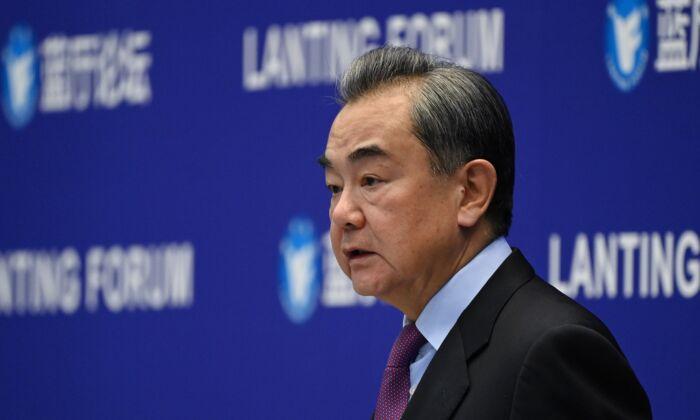

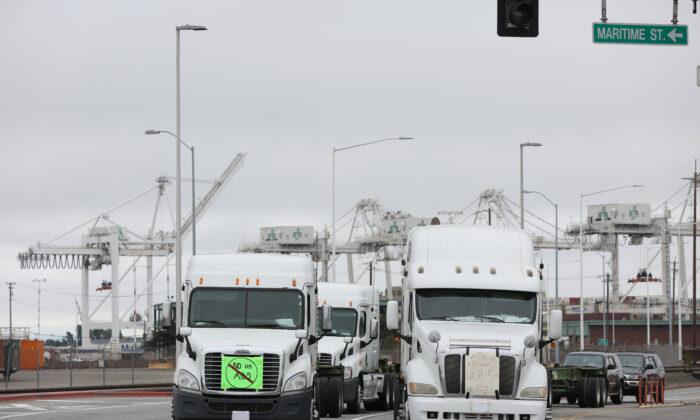
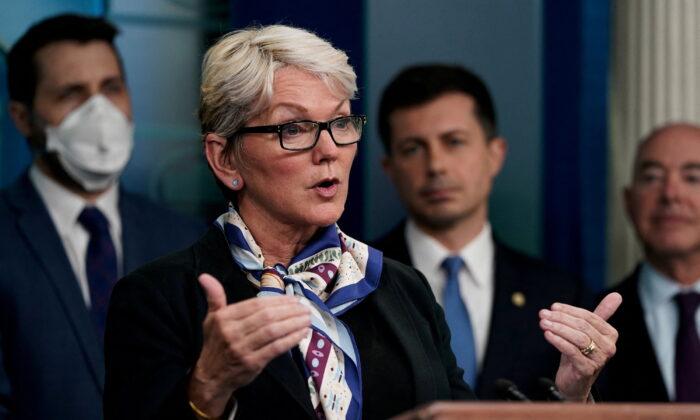
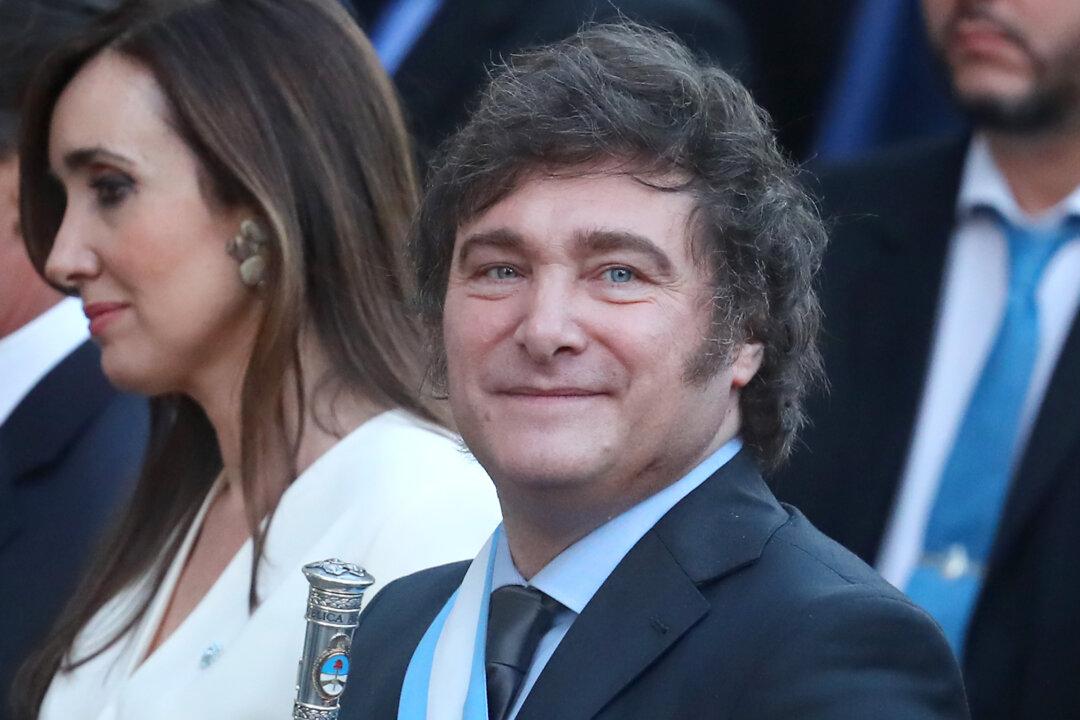
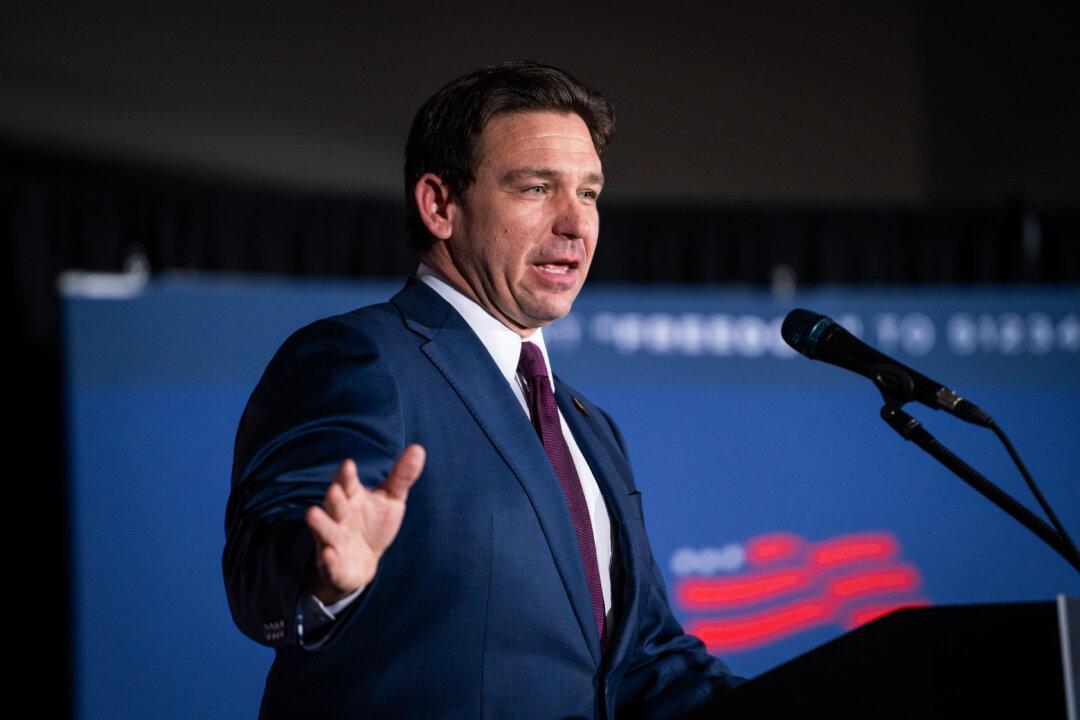
Friends Read Free